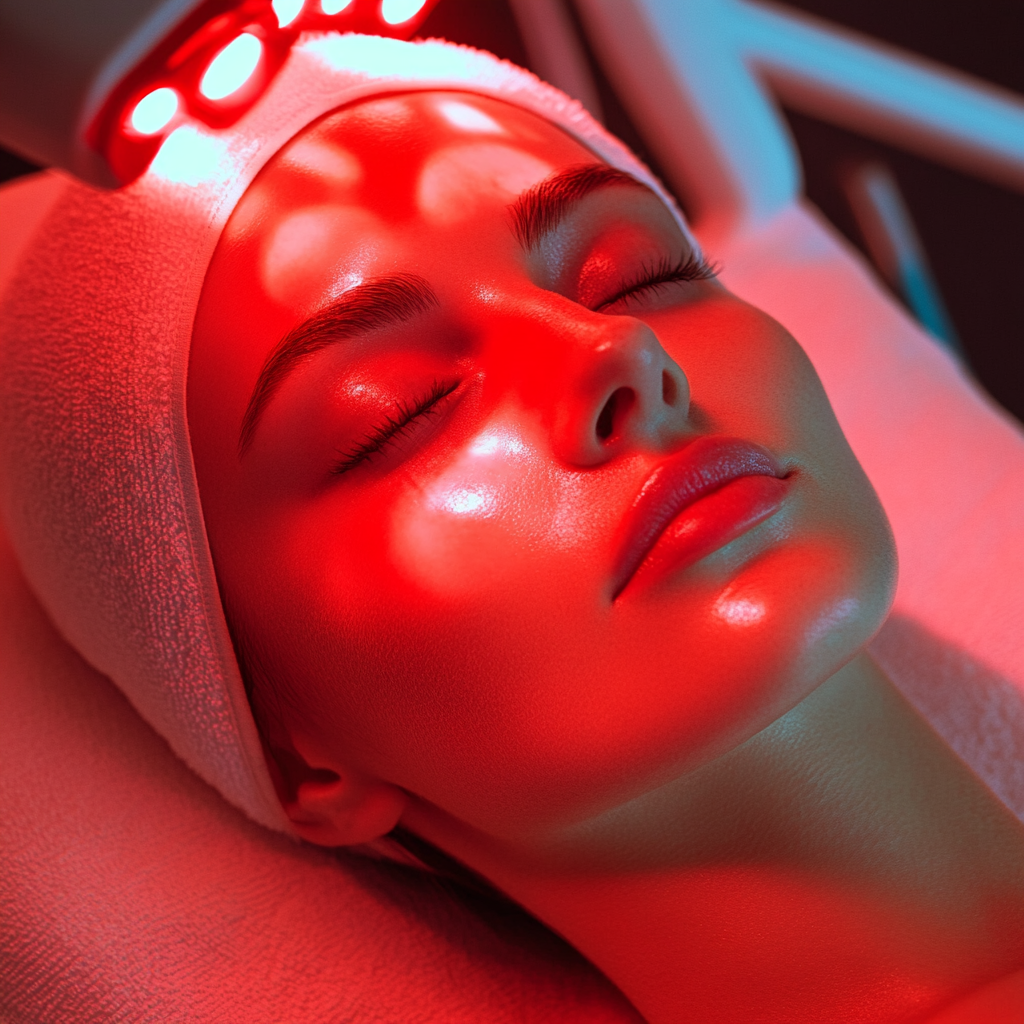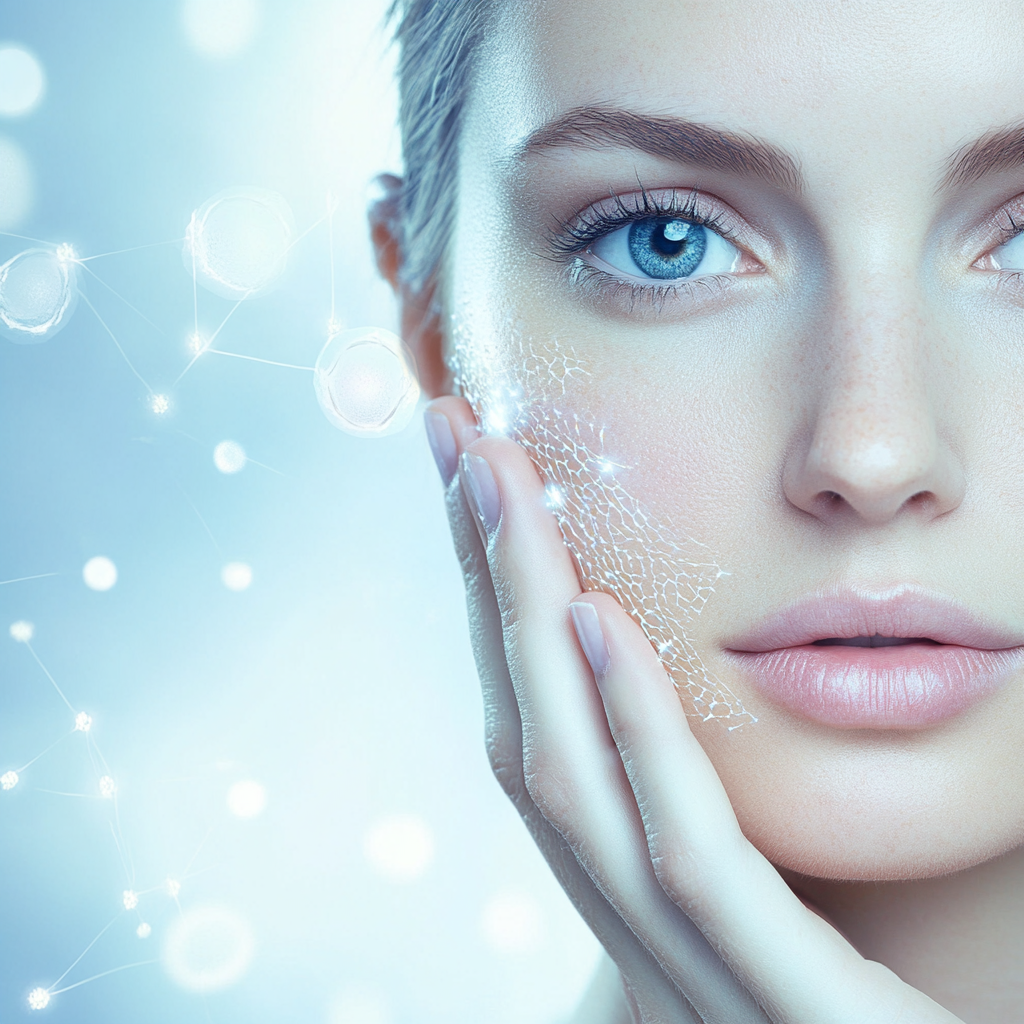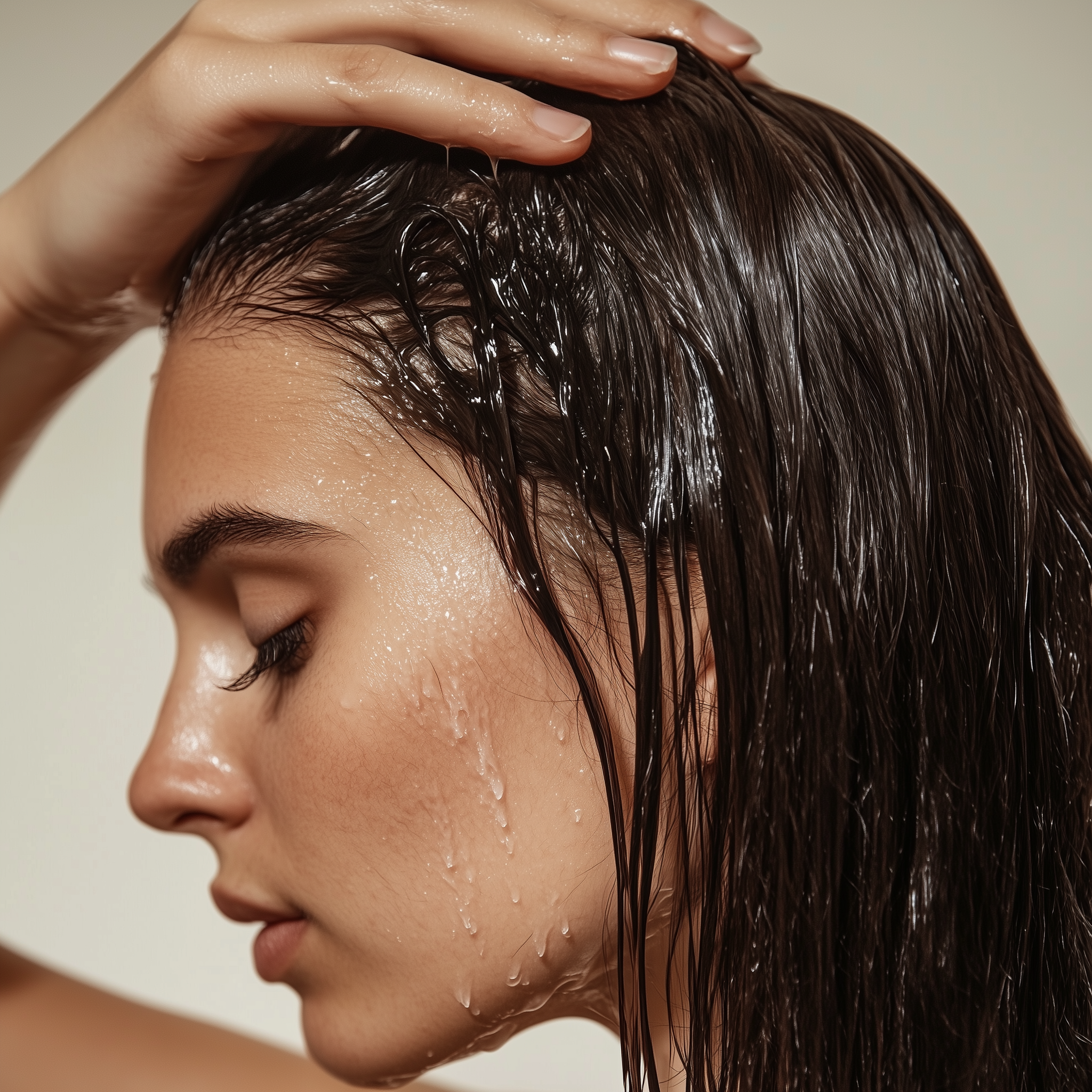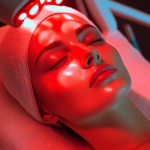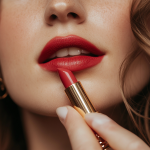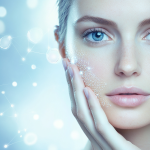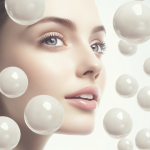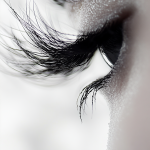Now Reading: How Stress Affects Your Skin: The Science of Cortisol & Acne
-
01
How Stress Affects Your Skin: The Science of Cortisol & Acne
How Stress Affects Your Skin: The Science of Cortisol & Acne
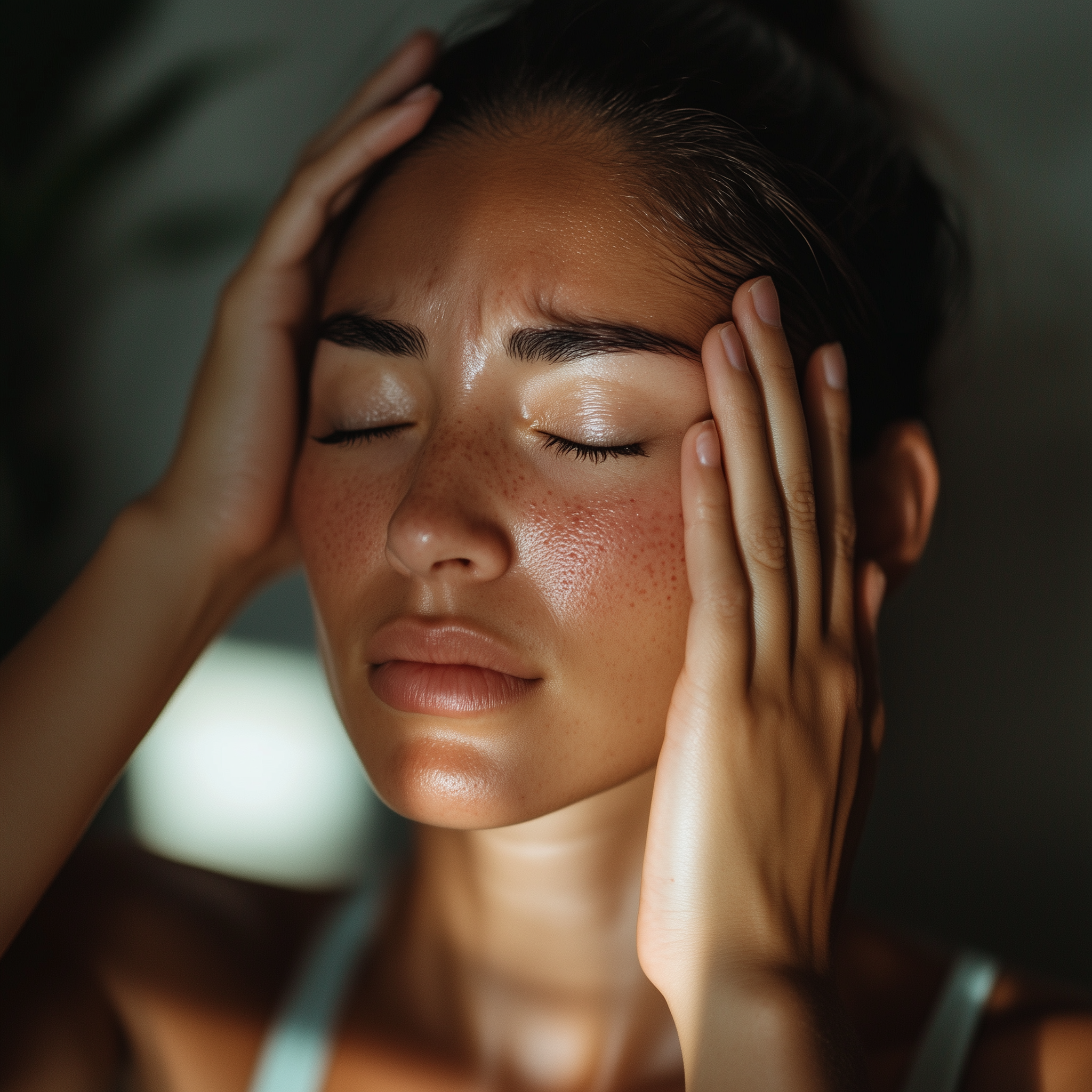
Introduction
We all know stress isn’t good for us – but did you know that it can directly impact your skin? Whether it’s unexpected breakouts, dull complexion, or increased sensitivity, stress plays a major role in skin health and aging. The culprit? Cortisol, the body’s primary stress hormone, which triggers inflammation, increases oil production, and disrupts the skin barrier.
Let’s dive into the science of how stress affects your skin, the link between cortisol and acne, and dermatologist-backed ways to break the cycle.
The Science of Stress & Your Skin
What Happens When You’re Stressed?
When your body perceives stress – whether from work deadlines, emotional struggles, or lack of sleep – it triggers the hypothalamic-pituitary-adrenal (HPA) axis, releasing cortisol into your bloodstream. While short-term stress is normal, chronic stress disrupts your body’s balance, leading to visible skin concerns.
Effects of Cortisol on Skin:
🛑 Increases Sebum Production – More oil = more clogged pores = more acne.
🛑 Triggers Inflammation – Stress weakens the skin’s immune function, worsening acne, eczema, and psoriasis.
🛑 Compromises the Skin Barrier – Leads to dryness, redness, and increased sensitivity.
🛑 Accelerates Aging – Chronic stress breaks down collagen and elastin, causing fine lines and wrinkle
🛑 Slows Wound Healing – Breakouts and skin irritation take longer to heal.
Cortisol & Acne: The Direct Link
If you’ve ever noticed breakouts before a big event, you’ve experienced the stress-acne connection firsthand. Cortisol stimulates the sebaceous (oil) glands, leading to excess sebum that clogs pores and fuels acne-causing bacteria.
Types of Acne Worsened by Stress:
🔹 Hormonal Acne: Breakouts along the jawline and chin due to cortisol fluctuations.
🔹 Inflammatory Acne: Red, painful pimples caused by increased skin inflammation.
🔹 Cystic Acne: Deep, stubborn breakouts that worsen under chronic stress.
💡 Fact: Studies show that individuals under high stress levels experience a 25% increase in acne severity, proving that psychological well-being directly affects skin health.
Other Skin Conditions Triggered by Stress
🔹 Eczema & Psoriasis: Stress weakens the skin barrier, leading to flare-ups.
🔹 Rosacea: Increased blood flow and inflammation trigger redness and sensitivity.
🔹 Hives & Rashes: Stress-induced histamine release leads to allergic reactions and irritation.
🔹 Hair Loss (Telogen Effluvium): Stress disrupts the hair growth cycle, causing excessive shedding.
How to Reduce Stress-Related Skin Issues
1. Lower Cortisol Levels with Lifestyle Changes
✅ Mindful Meditation & Deep Breathing – Just 10 minutes of daily meditation can significantly lower cortisol levels.
✅ Regular Exercise – Boosts endorphins, counteracting the effects of stress.
✅ Quality Sleep – Aim for 7-9 hours per night to support skin repair.
✅ Adaptogenic Herbs (Ashwagandha, Rhodiola, Holy Basil) – Help regulate stress hormones naturally.
2. Optimise Your Skincare Routine
🔹 AM Routine (Protect & Hydrate):
- Gentle, pH-balanced cleanser (avoid stripping sulfates).
- Niacinamide serum (reduces inflammation & sebum production).
- Lightweight moisturiser with ceramides.
- SPF 30+ (stress weakens UV defense, increasing sun damage risk).
🔹 PM Routine (Repair & Calm):
- Salicylic Acid or Benzoyl Peroxide (for acne-prone skin).
- Hyaluronic Acid & Peptides (for hydration and repair).
- Melatonin-infused night cream (antioxidant to combat oxidative stress).
- Retinol (if tolerated) – Stimulates collagen and cell turnover.
3. Nutrients That Combat Stress-Related Skin Issues
🔹 Vitamin C & E: Powerful antioxidants that protect against oxidative stress.
🔹 Magnesium: Helps regulate cortisol and improve sleep quality.
🔹 Zinc: Supports wound healing and controls oil production.
🔹 Omega-3 Fatty Acids: Reduce inflammation and maintain skin elasticity.
🔹 Biotin & Collagen Supplements: Promote skin resilience and hair health.
Final Thoughts: Can You Reverse Stress-Induced Skin Damage?
✅ Yes! The skin is incredibly resilient. By managing stress, optimising your skincare routine, and nourishing your body with the right nutrients, you can reverse cortisol-induced skin issues and restore your glow.
💡 Key Takeaways:
✔ Stress raises cortisol, which increases oil production and triggers acne.
✔ Chronic stress weakens the skin barrier, causing dryness and irritation.
✔ Lifestyle changes + strategic skincare = clearer, healthier skin.
✔ Self-care isn’t just a luxury – it’s science-backed skincare!












